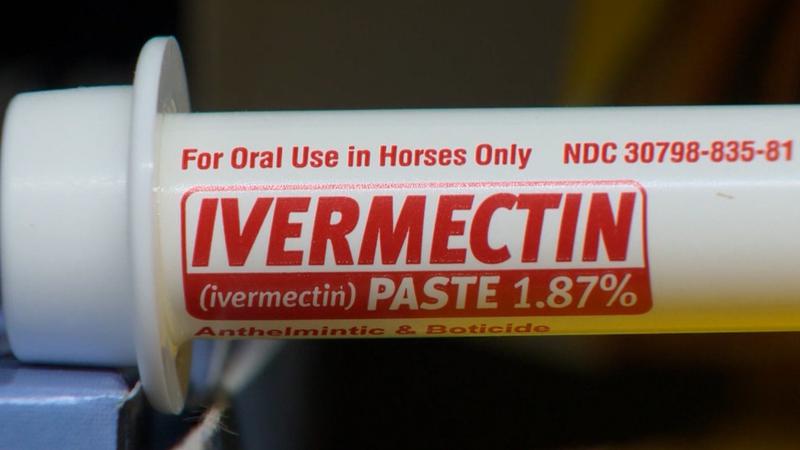
Kamloops health officials advise against consumption of veterinary ivermectin
KAMLOOPS — A trend coming out of the United States — a growing number of people in Canada claim to be taking ivermectin, a horse deworming medication, as they believe it aids in prevention or treatment of COVID-19.
This week Health Canada stated it has received concerning reports of the use of veterinary ivermectin, and urged people to not ingest the substance. The medication has been touted as a potential cure or treatment for the virus, but to date, Health Canada has not received any drug submission or clinical trial application for ivermectin for the prevention or treatment of COVID-19. (Read the full statement here)
In Kamloops, Interior Health Medical Health Officer Dr. Carol Fenton advises people not to consume the medication meant for horses.


